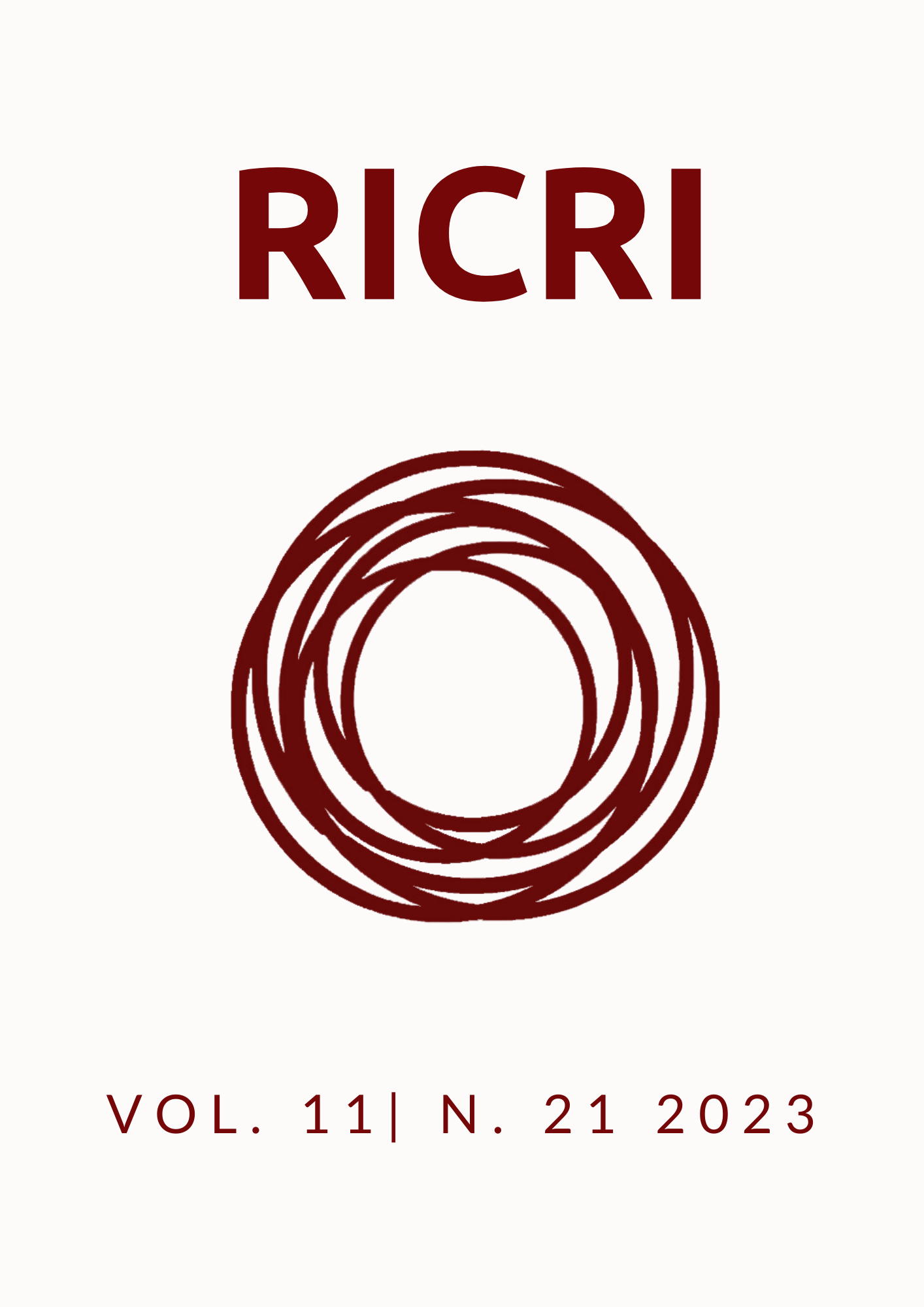AUTOMATIC ALIGNMENT WITH THE UNITED STATES IN BRAZILIAN FOREIGN POLICY AND ITS DEVELOPMENTS:
A comparative analysis between the Dutra (1946-1951), Castello Branco (1964-1967) and Bolsonaro (2019-2022) governments
Abstract
Throughout the trajectory of Brazilian foreign policy, it is observed that in certain periods efforts were made towards unconditional alignment with the United States. This phenomenon was present during the governments of Eurico Gaspar Dutra, Humberto de Alencar Castello Branco and Jair Messias Bolsonaro. This article aims to present the general perspectives of the domestic policy implemented by Dutra, Castello Branco and Bolsonaro, as well as to analyze the actions promoted by the three governments, with regard to Brazil's relationship with the United States. To carry out the study, documentary data collection and bibliographic review were used, as well as comparative analysis in order to observe the similarities and differences in the measures used by the three presidents. From the analyzes between the rulers, it is observed that their speeches and practices were similar, in that they witnessed a moment of polarization in Brazilian society, and as a result, they sought popular acceptance through the reorientation of the direction of politics. This scenario is reflected in foreign policy, with the direction of relations towards the United States.
Downloads
Published
How to Cite
Issue
Section
License
Copyright (c) 2024 Journal of Scientific Initiation on International Relations

This work is licensed under a Creative Commons Attribution-NonCommercial 4.0 International License.
Authors who publish with this journal agree to the following terms:
a. Authors retain copyright and grant the journal right of first publication with the work simultaneously licensed under a Creative Commons Attribution License that allows for sharing of work with acknowledgment of its initial publication in this journal.
b. Authors are able to take on additional contracts separately for non-exclusive distribution of the version of the work published in this journal (e.g., post it to an institutional repository or as a book), with an acknowledgment of its initial publication in this journal.
c. Authors are permitted and encouraged to post their work online ( eg, in institutional repositories or on their website) at any point before or during the submission process, as it can lead to productive exchanges , as well as increase the impact and citation of published work ( See the Effect of Open Access).




